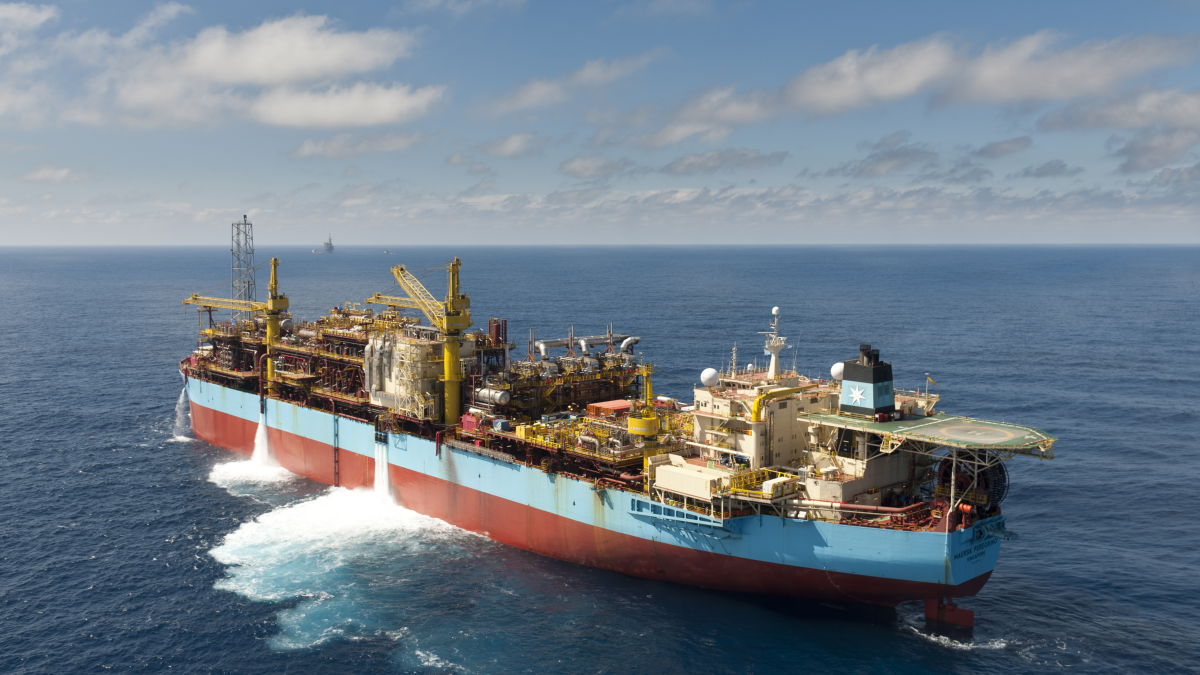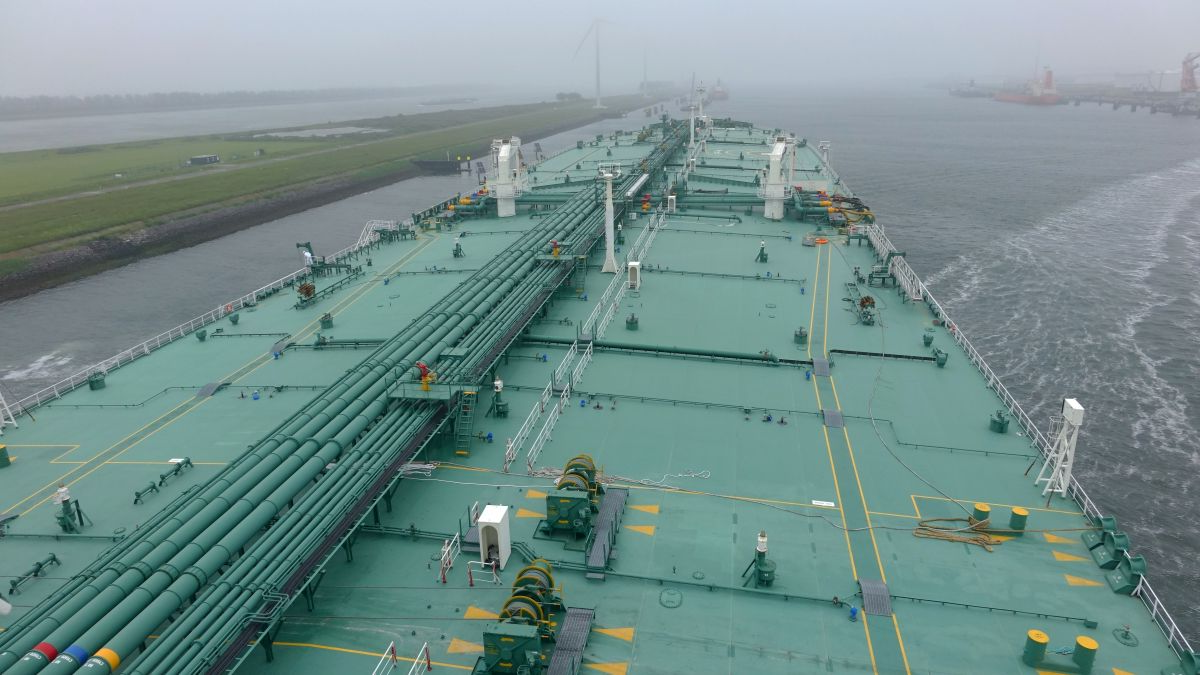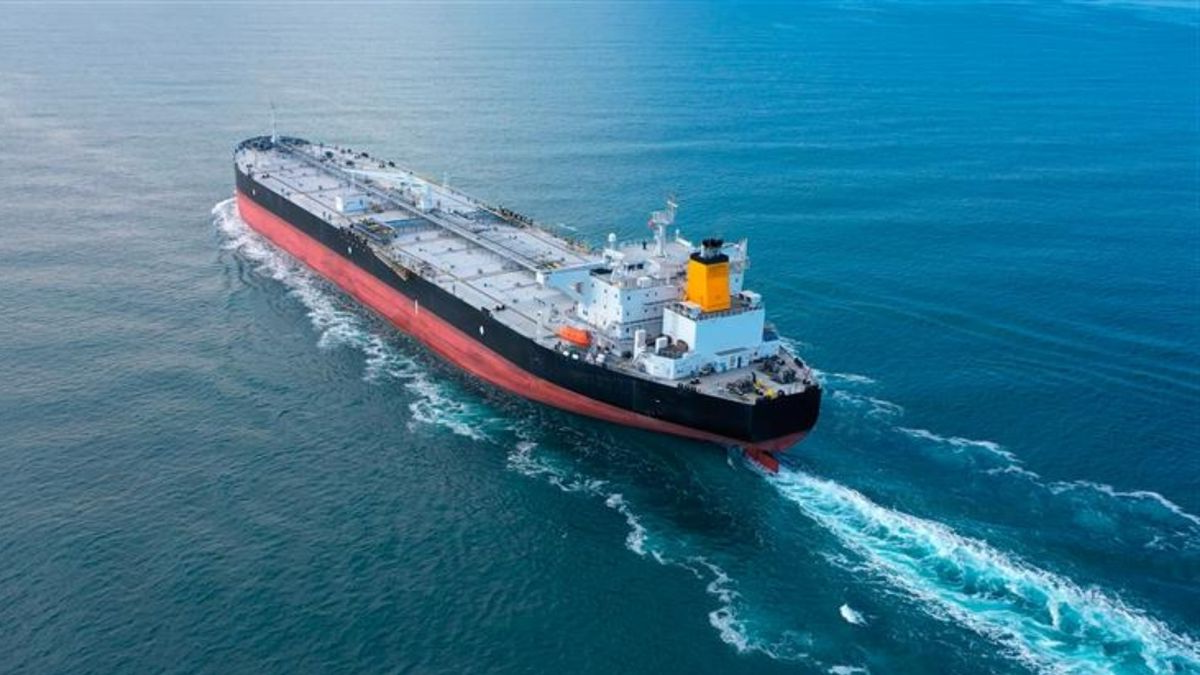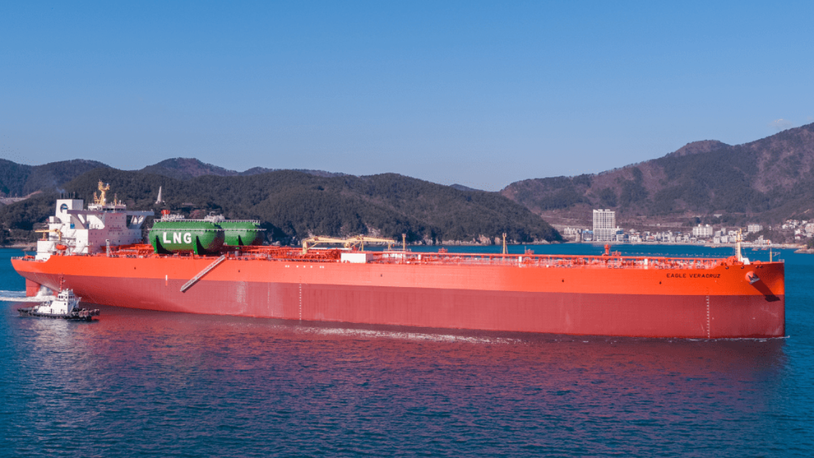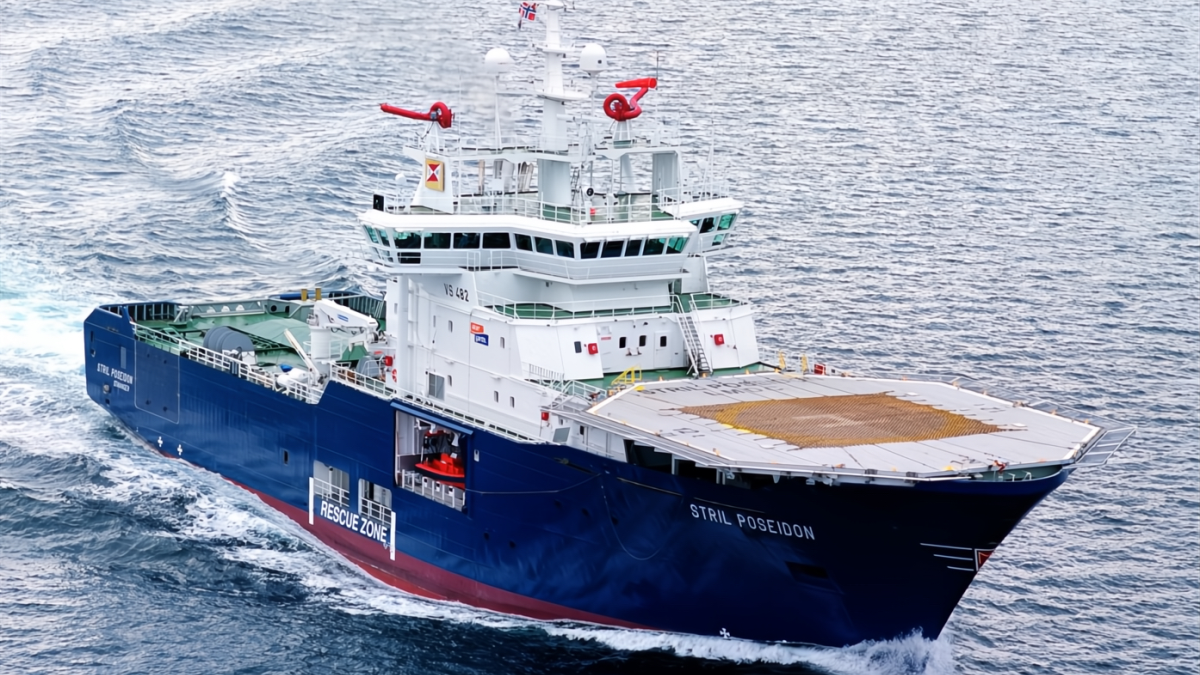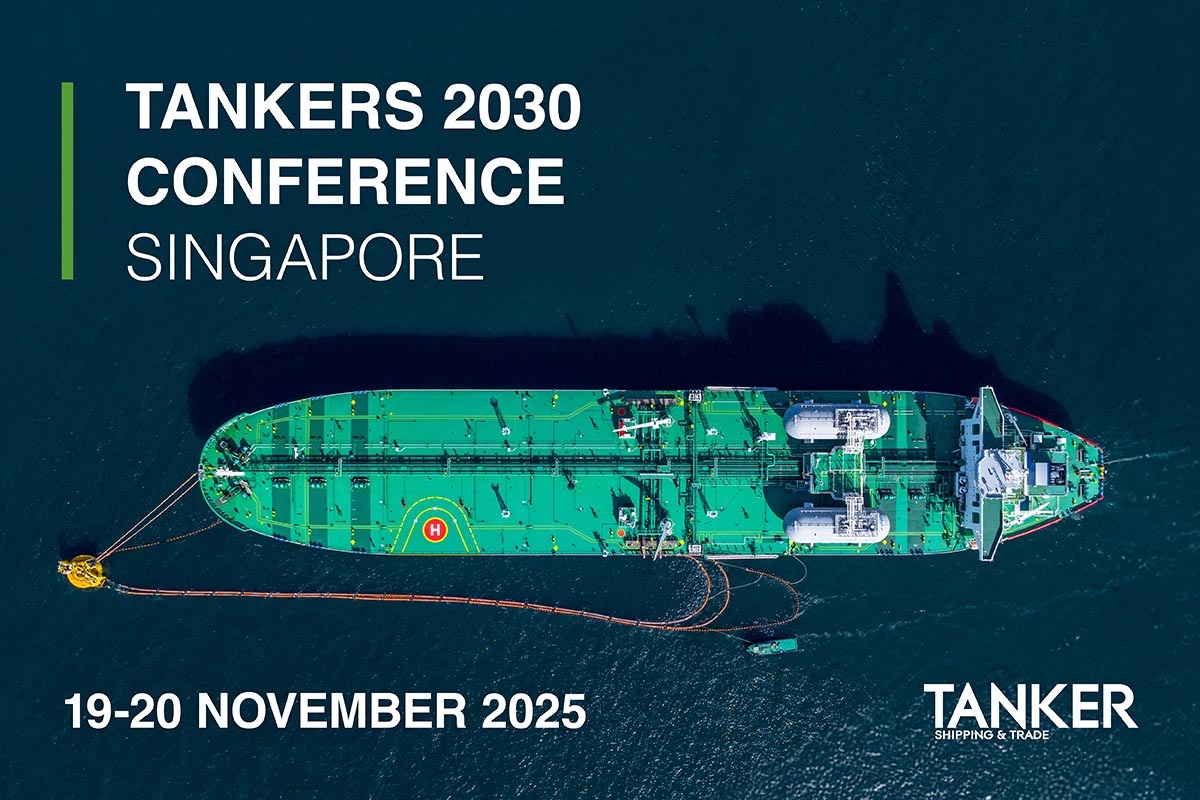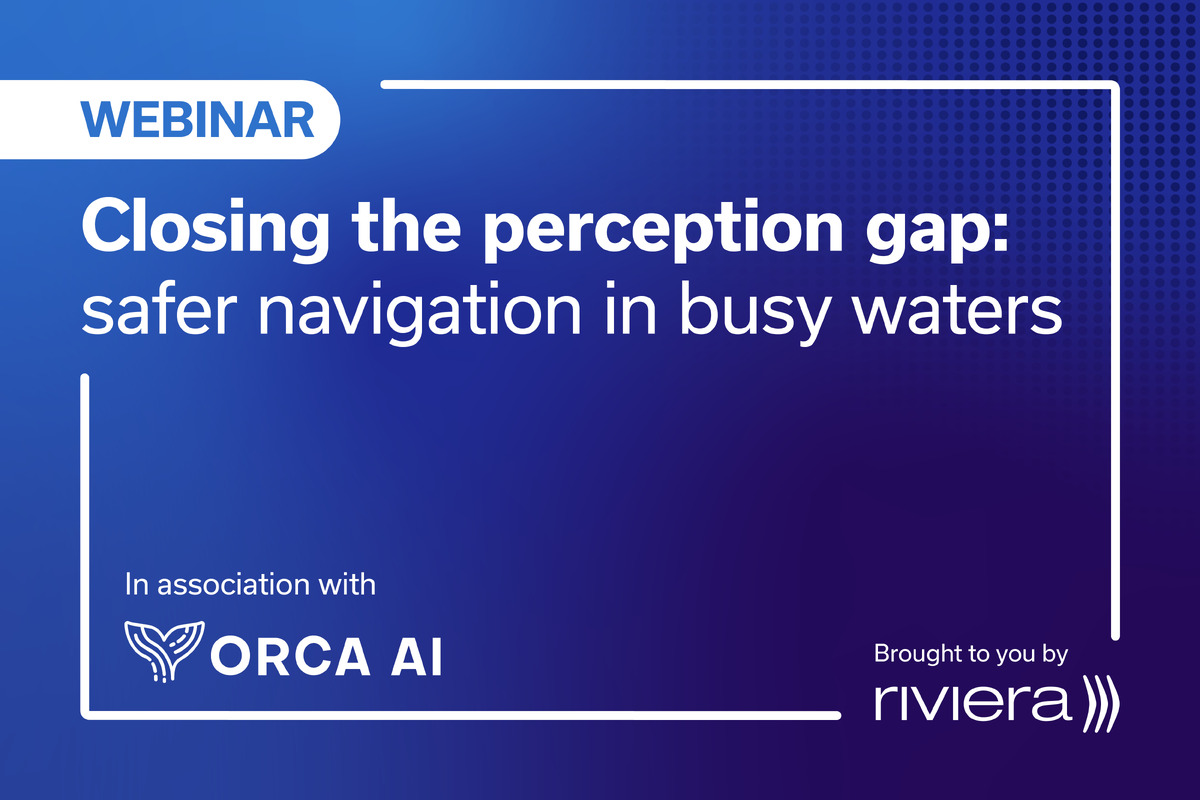Business Sectors
Contents
Register to read more articles.
Injecting pragmatism into the energy transition
Government policy plays a critical role in the global energy transition, providing a clear roadmap for investment, energy affordability and energy supply certainty
A key element of policy needs to be pragmatism. When Europe pivoted from pipeline gas from Russia following its invasion of Ukraine in February 2022, American LNG played a critical role in securing the continent’s energy security.
President Biden’s latest energy blunder, to pause pending and future LNG export permits, is purely a ploy to re-energise his weakening voter base for the forthcoming US presidential elections in November. It’s not surprising given his recent stance on offshore oil and gas, and his waning popularity.
While investments in the production of green ammonia, methanol, hydrogen, and biofuels are needed for the energy transition, they won’t be available at scale for years to come. LNG should not be discarded.
“Pausing US LNG export permits will have detrimental effects on the US, the Gulf Coast, and our allies, disrupting a crucial global energy source that offers stability and affordability,” said National Ocean Industries Association president Erik Milito. Noting the pause would create uncertainty around billions of dollars of investment in new LNG production, Mr Milito added: “Ordinary citizens in the US and Europe will bear the costs of arbitrarily forfeiting a competitive market advantage to countries like Russia, a major LNG exporter.”
The US is now the world’s largest exporter of LNG, and a continued increase in supply is needed to meet growing global energy demand and reduce dependence on coal. Despite record levels of investment in renewables, coal usage continues to soar.
In 2022, global coal demand reached an all-time high of 8.42Bn tonnes, and China’s coal imports jumped 50% in 2023, according to the IEA.
“Limiting LNG supply from the US will slow the retirement of coal-fired industrial plants in Asia and Europe”
The recently released Shell LNG Outlook 2024 report forecasts global LNG demand will soar by 50% by 2040, to 625M to 685M tonnes per year. In releasing the report, Steve Hill, executive vice president, Shell Energy, said China’s coal-based steel sector accounts “for more emissions than the total emissions from the UK, Germany and Turkey combined,” noting “gas has an essential role to play in tackling one of the world’s biggest sources of carbon emissions and local air pollution.” Limiting LNG supply from the US will slow the retirement of coal-fired industrial plants both in Asia and Europe.
A bill to overturn the pause was approved in early February by the Republican-controlled House, but is unlikely to be passed by the Democratic-controlled Senate and signed into law by President Biden.
This uncertainty in LNG supply is also troubling for shipowners looking to decarbonise their fleet. With more than 1,000 LNG-fuelled vessels in operation and on order, affordable LNG provides a decarbonisation and emissions compliance path for shipowners. Based on the current fleet, LNG bunkering demand is expected to more than triple by 2028, reaching close to 10M tonnes, according to Shell. There is also a growing supply of bioLNG.
Methane slip — a bugbear for LNG — is already being addressed by industry and engine builders in new two- and four-stroke LNG dual-fuel engines, and there is no reason to think further improvements can be accomplished through design and technology enhancements. And energy-saving technologies such as propeller optimisation, wind-assisted propulsion, batteries, shaft power limitation, air lubrication and advanced hull coatings will further reduce fuel consumption and greenhouse gas emissions.
In its pragmatic approach, Matson, which is investing in LNG dual fuelled newbuilds and retrofits, sees LNG as a bridge fuel to future lower-carbon alternative fuels to help meet its emissions-reduction goals.
“We recognise that LNG is not the ultimate solution for achieving our long-term goal of net-zero Scope 1 GHG emissions for our owned fleet,” said Matson chairman and chief executive, Matt Cox. “While no easy answers are readily available, we are working to make our transition to a zero-carbon future a reality,” he added. Other shipowners would agree.
Related to this Story
Events
International Bulk Shipping Conference 2025
Tankers 2030 Conference
Maritime Navigation Innovation Webinar Week
© 2024 Riviera Maritime Media Ltd.



